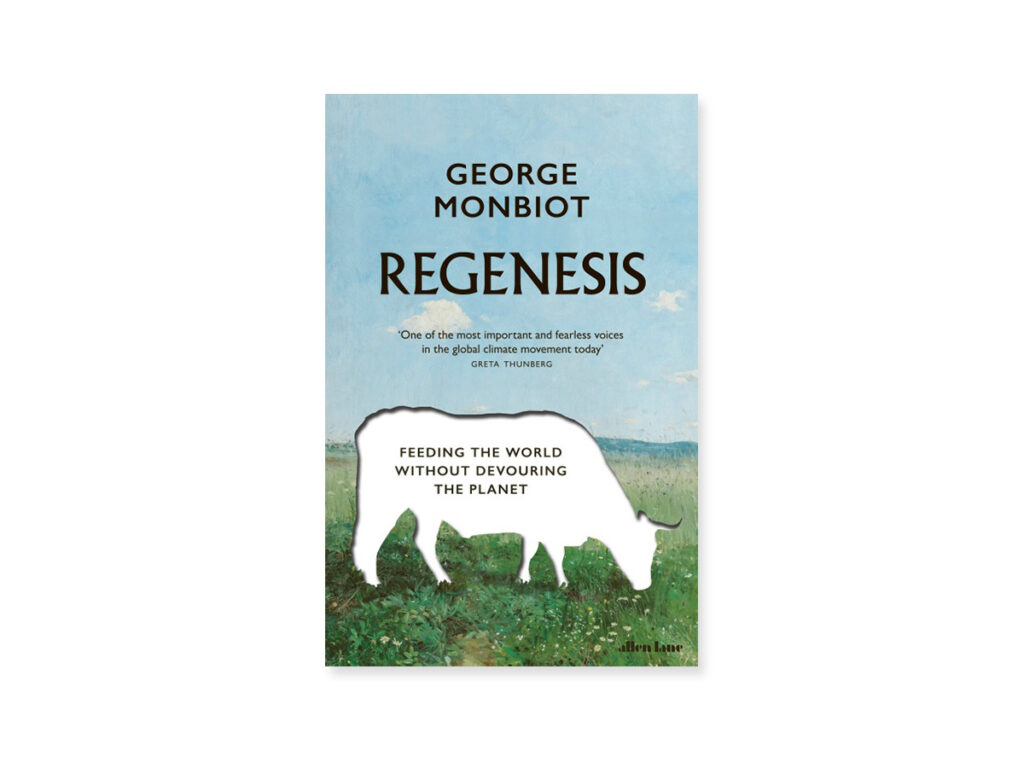In the newly published Regenesis, The Guardian columnist and environmental campaigner George Monbiot investigates how our food system could be reformed with new practices and new technology to prevent climate catastrophe.
Many following the climate change debate will be aware of Monbiot. His weekly column in The Guardian often paints a pessimistic view of how serious we are going about in tackling the climate crisis, and as an environmental activist, he is not afraid of putting himself on the frontline.
While not taking his eyes off the energy industry’s relationship to emissions, in recent years, Monbiot has focused more intensely on our food system and how it contributes to environmental and climate breakdown. He has been campaigning around the idea of rewilding, with his 2013 book Feral focusing on just that.
In Regenesis, (published in May 2022) Monbiot takes a deeper look at our food system and sets out how it could be reformed with new practices and new technology to prevent climate catastrophe and halt biodiversity loss.
Monbiot has long argued against mass farming procedures and their environmental impact, and so it is not a surprise that he opens Regenesis with a piece about communal farming, proudly describing an orchard he co-runs with several other families.
While Monbiot spends extensive time laying out the problems with today’s food system, he does so factually and in a language that is easy to understand – backing it up with references to scientific reports. Furthermore, crucially, his book sets out a positive vision for how the food system can be transformed. Monbiot cites the advances which have been achieved in soil ecology and on that basis how that could allow us to grow more food while at the same time making farming less intense and wilder. He argues that this will not only benefit the environment but also humanity’s relationship to the planet.
Monbiot does not, of course, escape the huge trend and appetite for reduced meat consumption and the technological revolution in producing alternative protein products to meat. In Regenesis, he meets and interviews scientists, farmers and everyone else involved in the food revolution. Through the interviews he explores how to grow alternative protein to meat as well as how to increase yields while protecting the soil and the environment.
If you only know Monbiot from his The Guardian columns where a certain tone often tends to come across, reading Monbiot’s book is a whole different experience and is highly recommended. While his passion on this issue shines through, he explains the multiple aspects perfectly and always in a fact-based manner, while injecting a positive vision seldomly seen in his columns and one that the world is in dire need of.
